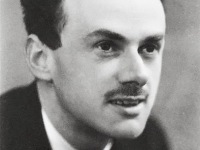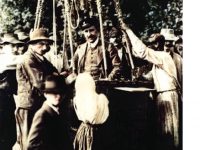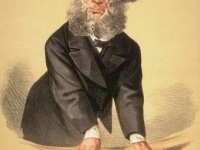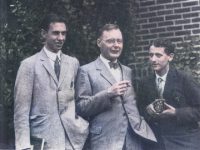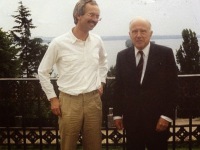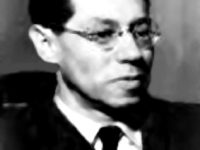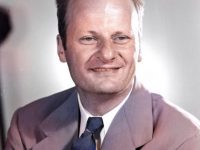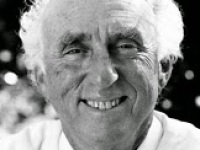Baroness Dorothea von Rodde-Schlözer – Philosopher and Salonnière
On August 10, 1770, German philosopher and salonnière Baroness Dorothea von Rodde-Schlözer was born. She belonged to the group of 18th century Göttingen scholar-daughters known as “university mamselles” and was the second women in Germany to officially earn a doctorate. Dorothea Schlözer – Youth and Education Dorothea Schlözer was the daughter of August Ludwig von Schlözer, a Göttingen professor of constitutional law and history, and Caroline Friederike von Schlözer (née Roederer), a painter…
Read more


